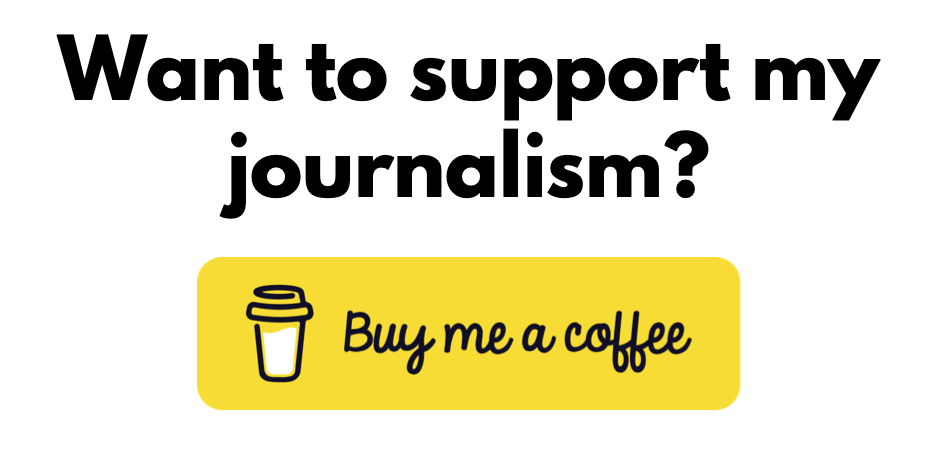The events of the past week have proved conclusively that I live in a liberal bubble. A record number of LGBT candidates were elected to our parliament last weekend which means it now has the largest proportion of queer MPs in the world.
But in this same week news reports showed that American religious conservatives actively helped defeat queer rights legislation in Ukraine, protests were held in Italy against proposed hate speech laws, and a month ago it was reported that over 60 LGBTQI people have been killed in Colombia in the first 8 months of 2020.
It makes for sober reading and tempers the delight in New Zealand’s ongoing improvement of human rights.
Indeed if we take a snapshot of the world right now, 72 countries criminalise sexual activity between consenting adult males and in 11 of them the death penalty is either imposed or a possibility. Forty-four countries criminalise same-sex activity between women and 15 countries criminalise the gender identity and/or expression of transgender people.
Even in countries where there are no criminal penalties violence and intimidation occur and that violence can often lead to murder. Even in New Zealand, barbaric practices such as ‘Conversion Therapy’ are still legal, though there have been promises to change that.
This year in Poland, a large number of towns in conservative parts of the country have passed resolutions declaring themselves LGBT-Free zones and their President refers to queer rights as an “ideology” more dangerous than communism.
The galling aspect of all of this is how often religious belief is used to justify this kind of prejudice. From Brian Tamaki here in Aotearoa to the religious right in the US and the vicious sharia laws in Aceh, Indonesia, a nasty vendetta against Rainbow people is ongoing across the globe.
It is a sad state of affairs which leaves our compatriots in many places vulnerable, isolated, and endangered.
I understand the fundamental biological survival instinct that can lead to discrimination. To fear or be suspicious of something that might do us harm is an evolutionary advantage. But we have a brain that is capable, most of the time, of rational thinking.
So why do so many religious people hate homosexuality? Religious texts do contain some passages that are used to justify oppressing queer people, but they contain many more that call for tolerance.
It seems that many religious people seem to pick and choose passages in the bible. Leviticus 18:22 is often quoted to justify bashing homosexuality. A local example is rugby player turned preacher Israel Folau who uses it to have a go at us. However, he conveniently ignores Leviticus 19:28 which prohibits tattoos, perhaps because Folau’s body is covered in them. Hypocrisy – you bet!
So how do we explain all of this? I read a good quote once that put it in a nutshell. I can’t recall who said it or the exact wording but essentially its meaning was clear:
“If you are violent, your religion will be violent, if you are peaceful, your religion will be peaceful.”
In other words we choose to be prejudiced. Our personal, internalised beliefs will affect how we interpret anything we come in contact with and especially the interpretation and application of a religious text.
It could be argued that hundreds of years of indoctrination in a belief system means people have no choice but to follow those doctrines, but that doesn’t fly. Humans have been fighting and arguing over the meaning of scriptures for thousands of years.
The way societies worship and the deities they bow down to have changed many many times over the entire span of human history. Different cultures have different belief systems, sometimes more than one.
All of this has come about because individual people have questioned the status quo, challenged it and then convinced enough people to go along with a new religious orthodoxy.
It is a process that is still going on. Ultimately every single adherent has a different and personal connection to their religion. Sometimes the difference may be slight, often it is never admitted publicly or even privately, but it exists.
And it is a personal choice that makes people prejudiced, not their religion.
If we look at countries that are more tolerant of homosexuality and transgender people, for example, it is usually in places which have more secular populations, or that that have gone through major social changes brought on my protest and challenges to the status quo.
I am not saying that all religious people are bigoted, of course not, but in places where religion has power and control over legal institutions and the armed forces and cannot be easily challenged, then hard-line and violent repression of queer people occurs. Of course, it can and does occur also in so-called ‘democracies’ as well.
People without religion are not always paragons of virtue either. Any human being can be intolerant.
At the root of all prejudice, no matter what form it takes is a deep-seated fear and loathing of ‘otherness.’ It exists because as humans, we are all aware of our own inadequacy and we are often desperate to project it on to someone else. As social animals, we have an instinct to ‘fit in.’ Separation from our ‘tribe’ can be both psychologically and literally dangerous. To belong to a social pack involves being socialized as children to accept the social order and to behave. Part of that process involves creating an ‘us and them’ concept in our heads.
It takes effort, courage and self-awareness to realise a lot of this stuff and it can be very painful to look in a mirror and have one’s own prejudices reflected back. Even in my liberal bubble, neither myself nor anyone I know is completely free of prejudice.
When I look at all the negative stories concerning LGBT people around the world I also see the effects of racism and sexism that do equal damage to people. I also remind myself that most countries in the world have laws that protect people from discrimination in some form and that they have been enacted progressively in the last 70 years.
They exist because enough people in those societies learned how to overcome their prejudices. It is in admitting our own flaws and being open to other people no matter how different they seem that will help overcome the worst aspects of human behaviour.
If we achieve it, then maybe many others may be able to say they live in a liberal bubble too.




